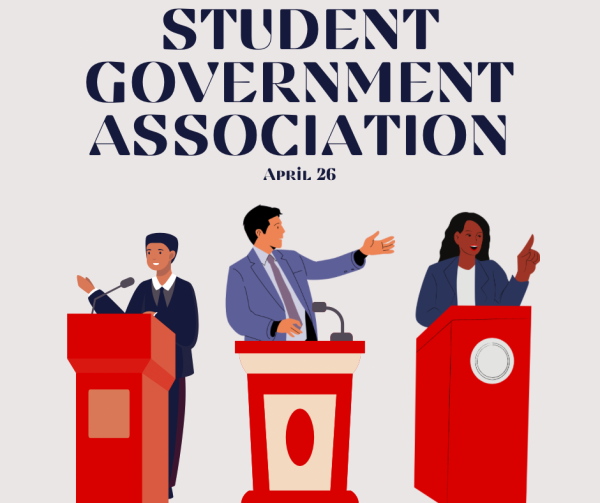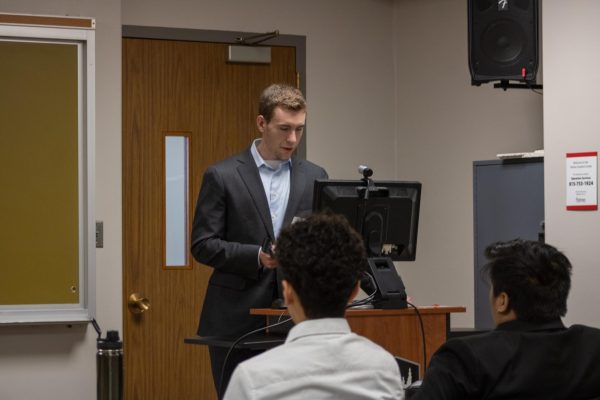Altgeld in progress
January 20, 2004
Altgeld Hall’s reopening has been pushed back again, although this time, office location is factored into the plan.
Last October, university officials expected renovations to be completed this month, but now they say the building is scheduled to be completed by the fall.
While the fate of Lowden Hall, the building where many offices were relocated after Altgeld renovations began, has not been determined, offices such as the accounting office and the procurement office may move to Lowden, said Melanie Magara, assistant vice president for Public Affairs.
In addition to NIU President John Peters’ office, Altgeld Hall will have a newly renovated auditorium that will hold various campus activities and events, as well an instructional design center that will be used to teach faculty and staff new technology, Magara said. Altgeld’s blueprints also include a meeting room for the Board of Trustees, a conference room for college deans and an office for the University Council.
Peters said the Office of Student Affairs and an art gallery also will move into Altgeld.
Bob Albanese, associate vice president of Finance and Facilities, said if the remaining construction goes as planned, Altgeld should be open in the fall.
Construction on Altgeld, also known as the “Castle on the Hill,” started in 1999. Renovations originally were to be completed by fall 2002. However, construction delays and budget concerns have pushed back the building’s opening.
The renovations, originally set to cost about $19.5 million, will cost about $25 million. Peters said the current budget does not affect the construction costs of Altgeld Hall.
The building is symbolic of NIU history, Peters said. In 1963, the building was named for former Illinois Governor John Peter Altgeld, who signed the legislation that created NIU. The building originally was built to signify the unity of state normal schools.
Albanese said he hopes current NIU students, as well as alumni, will enjoy the building.
“It is unfortunate that students who came in as freshmen and left senior year were never able to experience the building,” Albanese said. “Hopefully, they can come in as alumni some day and enjoy the building.”












